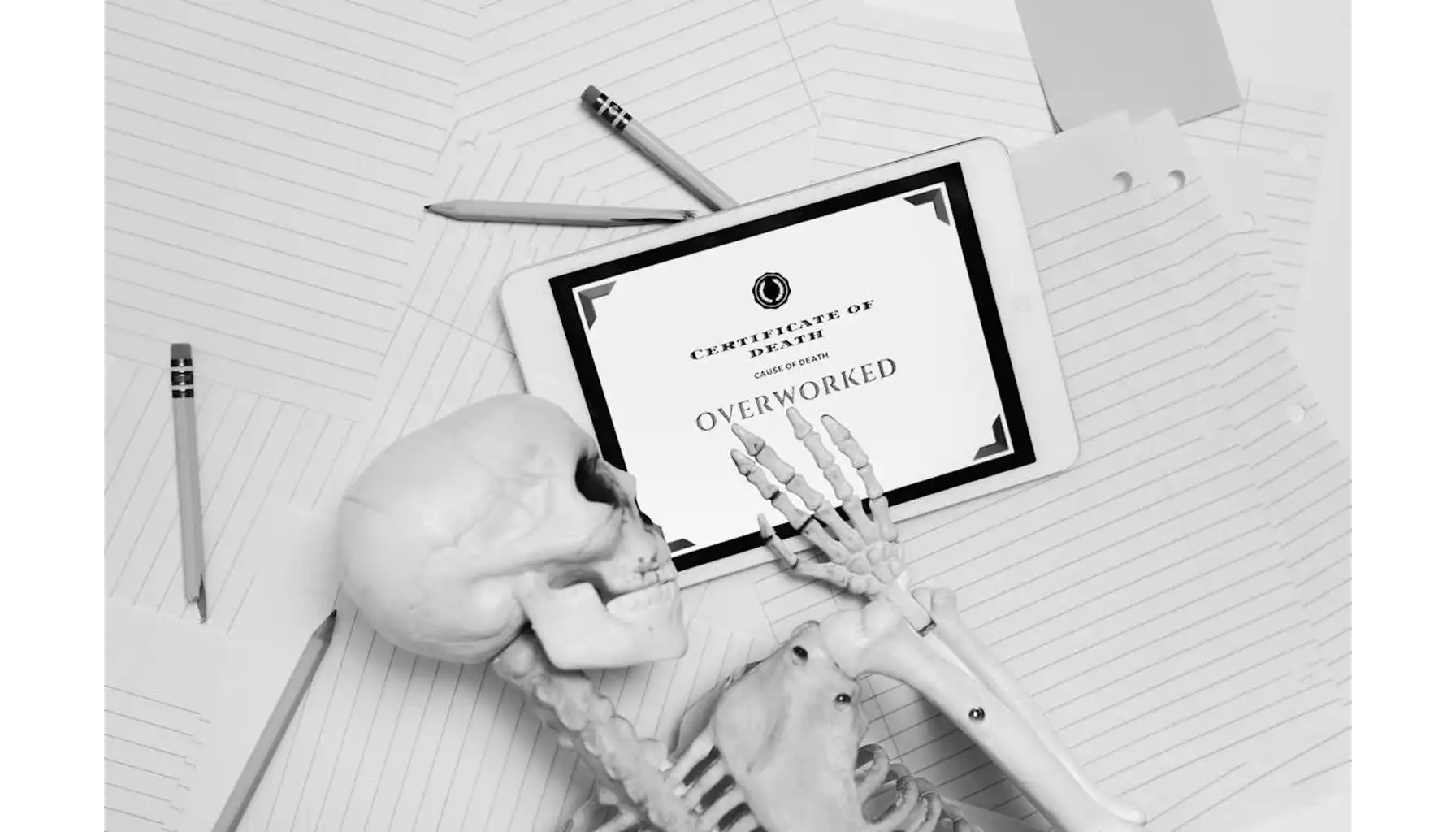Contents:
You’re about to hit “send” on an important email… and your finger freezes. Your brain starts running disaster scenarios like a bad movie marathon: what if it’s full of typos? What if they hate it? What if my career is over and I have to move to a cabin in the woods with only raccoons for company?
That’s flirting with atychiphobia, the clinical term for the fear of failure. It’s one of the specific phobias: the fear is locked onto a particular target. In everyday life, it can look like avoiding opportunities, procrastinating until the last possible second, or setting your goals so low they can’t possibly go wrong.
What is the fear of failure called? The name itself has a Greek origin: “atyches” meaning unlucky or unsuccessful, and “phobos” meaning fear. The atychiphobia definition is when the idea of messing up feels so overwhelming that your brain treats it like a lion chasing you.
As a helper between therapy steps, the brain games for adults app has logical puzzles, number games, and music games that nudge the brain from catastrophe mode to curiosity mode.
Possible Causes

Psychological influences
Perfectionism is a big one. Add low self-esteem into the mix, and even small mistakes can feel like proof you’re not good enough. Over time, your brain starts to see trying as dangerous because what if it’s not perfect? That's a loop that fits right into what is atychiphobia territory.
Environmental factors
High-pressure upbringings can plant the seeds early. Maybe you grew up in a household where a “B” on a test was treated like a disaster, where success was the only option discussed at the dinner table. The atychiphobia meaning ties back to these early expectations.
Learned experiences
One public embarrassment is enough to make most people cautious: like failing a presentation and hearing about it for weeks afterward. Just remember a few of those moments, mix them together, and suddenly your brain files risk-taking under “never again.”
That’s the emotional logic behind what is fear of failure: your mind treats every future challenge like a rerun of the worst moments from your past.
Signs and Symptoms

Atychiphobia shows up in ways you can feel in your body, in your thoughts, and in the way you live your life. Here’s how the fear of failure symptoms looks when you lay them out side-by-side:
Symptom Type | Examples | Impact |
Physical | Racing heart before starting a project, stomach knots before an exam, sweaty palms during a meeting | Makes even small tasks feel like climbing Everest in flip-flops |
Emotional | Persistent anxiety, feeling doomed before you even try, shame after minor mistakes | Drains confidence and fuels the belief that trying is a bad idea |
Behavioral | Avoiding challenges, quitting halfway through, classic fear of failure procrastination (hello, last-minute panic) | Limits growth, keeps you stuck in your comfort zone while opportunities pass by |
Thought Patterns | “If it’s not perfect, it’s worthless,” overthinking every possible negative outcome, replaying past failures on loop | Creates a mental cage where taking action feels unsafe |
Social Impact | Turning down promotions, staying quiet in group discussions, avoiding leadership roles | Keeps you from showing up as your full self in relationships and work life |
And in case you’re wondering, yes, the fear of failure name is a mouthful (atychiphobia), but living with it can feel even heavier.
Diagnosis and Assessment

When a professional is figuring out if it’s really atychiphobia (and not just a case of Monday blues), they follow a process that’s part detective work, part guided conversation. How it looks:
Step | What Happens | Why It Matters |
Initial Conversation | You describe your experiences, when they happen, and how they affect daily life. This helps the clinician get a clear picture of atychiphobia symptoms without jumping to conclusions | Helps with accurate diagnosis and rules out everyday jitters |
History Check | Talking through past experiences, family patterns, and major life events, especially linked to mistakes or setbacks | Helps to see if the fear stems from a single event or years of learned patterns |
Questionnaires & Scales | Tests that measure anxiety levels, avoidance behaviors, and thought patterns. Some even give you a numerical “fear score. | Gives you objective data that supports the diagnosis and guides atychiphobia treatment planning. |
Differentiation | Compares your symptoms to other conditions like generalized anxiety disorder or perfectionism | Ensures you get help that targets the real issue |
Feedback & Next Steps | The professional explains findings in plain English, no psych textbook required, and shows you a treatment plan. You finally get to hear exactly what does atychiphobia mean in your life | Gives clarity, hope, and a path forward instead of just a scary-sounding label |
Treatment and Coping Strategies
Cognitive Behavioral Therapy (CBT): think of this as a mental tune-up. A therapist helps you spot unhelpful thoughts and swap them for supportive ones
Gradual Exposure: start with low-risk encounters and work your way toward bigger ones. Like leveling up in a video game, but the boss fight is presenting that idea at work
Lifestyle: regular exercise, decent sleep, and balanced nutrition help keep your stress system from overreacting. A healthier body - a calmer mind
Skill-Building: is one way on how to overcome atychiphobia. The more prepared you are, the less room there is for panic. Public speaking classes or taking a course in project management, preparation builds confidence and helps with
Mindfulness & Relaxation: breathing exercises, meditation, or just taking a walk without your phone can stop your brain from spiraling into worst-case scenarios.
Identify Triggers: once you figure out what causes atychiphobia in your case, you can make a plan to face it head-on instead of avoiding it.
Outlook / Prognosis

With the support, most people see noticeable improvement in how they handle atychiphobia causes. Treatment doesn’t erase every trace of the atychiphobia fear of failure, but it can take it from “life-altering” to “manageable speed bump.”
After therapy, many people find they do things they once avoided: applying for new jobs, starting creative projects, or even speaking in public.
Full recovery is possible for some, it’s even more probable when treatment starts early and you use coping tools daily. In other cases, the fear would stay in the background but doesn’t control their decisions.
To define atychiphobia in a new light: it’s a reminder of where you’ve been, and how far you’ve come.
FAQ
What are the main symptoms of atychiphobia?
Common symptoms of atychiphobia are avoiding challenges, intense anxiety before performance-based situations, overthinking possible mistakes, and physical signs like rapid heartbeat or sweating.
How many people have atychiphobia?
Exact statistics on how many people have atychiphobia are limited, research suggests fear of failure is widespread, with varying intensity, like mild hesitation or full-blown phobic responses.
Can it go away completely?
Yes, for some people, with early treatment and consistent coping strategies. For others, the fear may linger but become far less disruptive
How long does recovery take?
It depends on the severity, personal motivation, and type of treatment. Some notice progress in weeks; others may need months or longer.
Is professional help necessary?
While self-help tools can help, therapy speeds up progress and teaches practical skills for long-term improvement.





